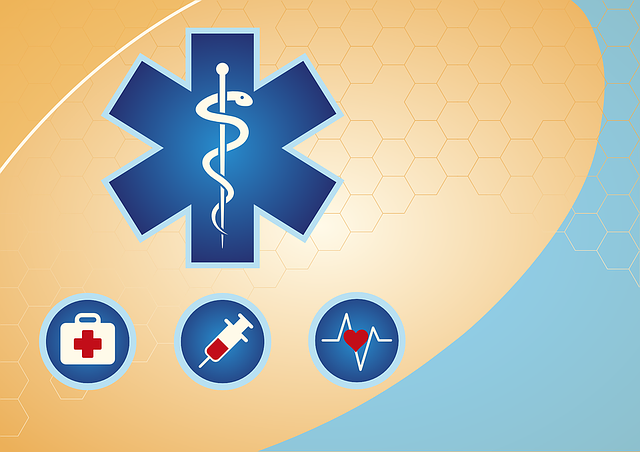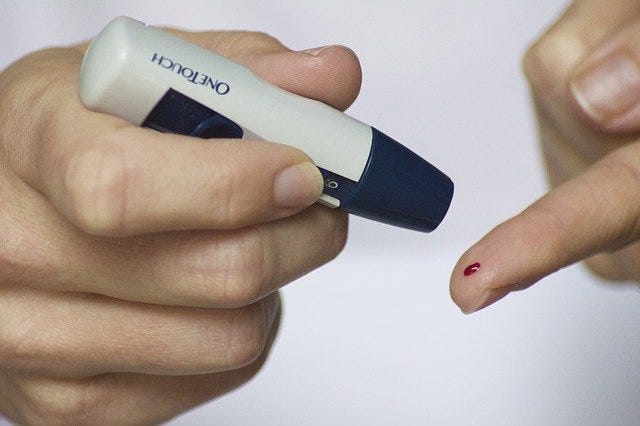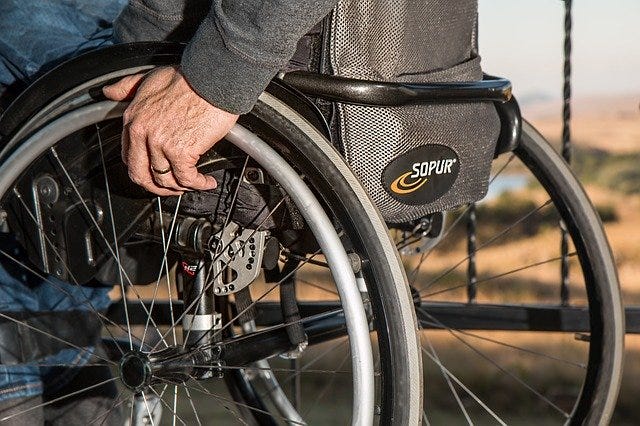The Evolution of Healthcare: Harnessing Sweat-Powered Biosensors
Written on
Chapter 1: Introduction to Sweat-Powered Technology
Recent advancements in healthcare technology are paving the way for innovative solutions. A team from CalTech has introduced a flexible bioskin integrated with sensors and biofuel cells that derive energy from human sweat. This revolutionary device can continuously monitor vital health metrics such as heart rate, body temperature, blood sugar levels, and even metabolic waste, which may assist in diagnosing various conditions.

Healthcare and Medical Icons — Source — Pixabay
Leading this project, Wei Gao, an Assistant Professor at the Andrew and Peggy Cherng Department of Medical Engineering, emphasizes that this electronic skin could also provide insights into the nerve signals that govern muscle movements. Traditional medical monitoring devices have faced challenges due to their high energy demands, often relying on cumbersome batteries that limit wearability.
Section 1.1: The Breakthrough of Biofuel Cells
The latest design overcomes these obstacles by utilizing sustainable biofuel cells that convert lactate found in sweat into energy. This process not only generates electricity but also produces water and pyruvate, a harmless by-product. The biofuel cells consist of carbon nanotubes combined with a platinum-cobalt catalyst and an enzyme that facilitates lactate breakdown.
Subsection 1.1.1: Energy Efficiency and Future Applications
These compact biofuel cells are capable of producing a consistent power output of several milliwatts per square centimeter for multiple days. The research team aims to refine their bioskin and fuel cells to enhance the experience for future prosthetic users.
Chapter 2: Implications for Healthcare
This breakthrough holds significant promise. The new energy source could improve motor control for prosthetic users, while also facilitating automated delivery of treatments for hormonal and endocrine disorders, potentially eliminating the need for daily blood tests and insulin injections.
The video titled "VC Spotlight: AI's Impact on Health Care" explores how emerging technologies are reshaping healthcare.
In the future, the range of sensors integrated into the bioskin may expand to monitor additional biomarkers. Collaborating with silk-derived technology from Tsinghua University in Beijing could enable the precise tracking of substances like ascorbic acid, uric acid, and electrolytes such as sodium and potassium. Accurate detection of these biomarkers, along with their concentration fluctuations, is essential for effective health monitoring.
Section 2.1: The Future of Wearable Health Technology
The potential of wearable technology is immense. With the advent of biofuel energy cells, the number of trackable health markers could grow dramatically. Imagine waking up to a comprehensive report detailing sleep quality, brain metabolites, and the functioning of vital organs like the liver and kidneys, while also assessing the levels of toxins and pollutants affecting our health throughout the day.
Our smartphones and applications could offer personalized advice to mitigate the negative impacts of these biomarkers and contaminants, creating a holistic approach to health management, all powered by our own bodily waste.

Pinprick Blood Test for Diabetes — Source — Pixabay
These health reports could be securely shared with healthcare providers, enabling quicker diagnoses and more accurate treatments. A healthcare transformation is on the horizon, but it is essential that this technology remains accessible and affordable. Otherwise, disparities in healthcare access could worsen, affecting life expectancy for those unable to afford such groundbreaking preventive measures.

Wheelchair User — Source — Pixabay
As we navigate the complexities of today's world, we must remain optimistic that our scientists will guide us toward a future where medical treatments are cost-effective, efficient, and tailored to prioritize prevention alongside cure.
Stay safe, everyone.